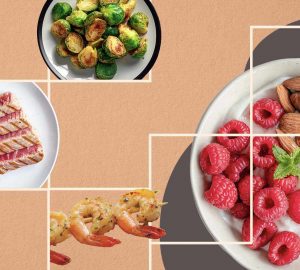Is there any truth behind the statement that some foods are so low in calories that it takes as many or more calories to digest them as they contain? This is what many weight loss programs and product labels will have you believe.
If this were actually true, we wouldn’t be facing an obesity epidemic across North America. Other than water and some diet-beverages, there is no miracle “zero calorie” or “negative-calorie” food.
Apart from foods that have been engineered to be calorie-free, like sugar substitutes, virtually all foods contain calories. Some foods contain very few calories, and we do burn a few calories when we chew and digest the foods we eat. But the notion that eating certain foods can put us into a negative calorie balance just isn’t true.
Foods that are sometimes touted as being zero-calorie or negative-calorie include:
Apples
Asparagus
Beets
Broccoli
Cabbage
Carrots
Cauliflower
Celery
Cucumbers
Garlic
Grapefruit
Lemons
Lettuce
Mangos
Onions
Spinach
Turnips
Zucchini
The problem is that you would have to eat such large amounts of these foods to make your body work hard enough to cancel out the calories that it wouldn’t be worth it.
That’s not to say that the listed foods aren’t good for you and can be a great part of a low calorie diet. They’re all fruits and vegetables, which means they have a ton of other health benefits. They are all high in fiber and pack a lot of nutrients in a small package. Because of this, you can fill up on them without filling out.
Start by adding some of these vegetables to your meals and watch the pounds shed away. Snacking on fruits between meals won’t trick your body into a calorie deficit, but will keep you full and satisfied while eating fewer calories.
Now there is one true “zero” calorie beverage and that’s water. Make sure you get enough of it to remain hydrated and healthy. By substituting it in place of sugary beverages, you can save thousands of calories each month, which can easily translate into the savings of a few unwanted pounds. Aim for eight eight-ounce glasses of water each day.








